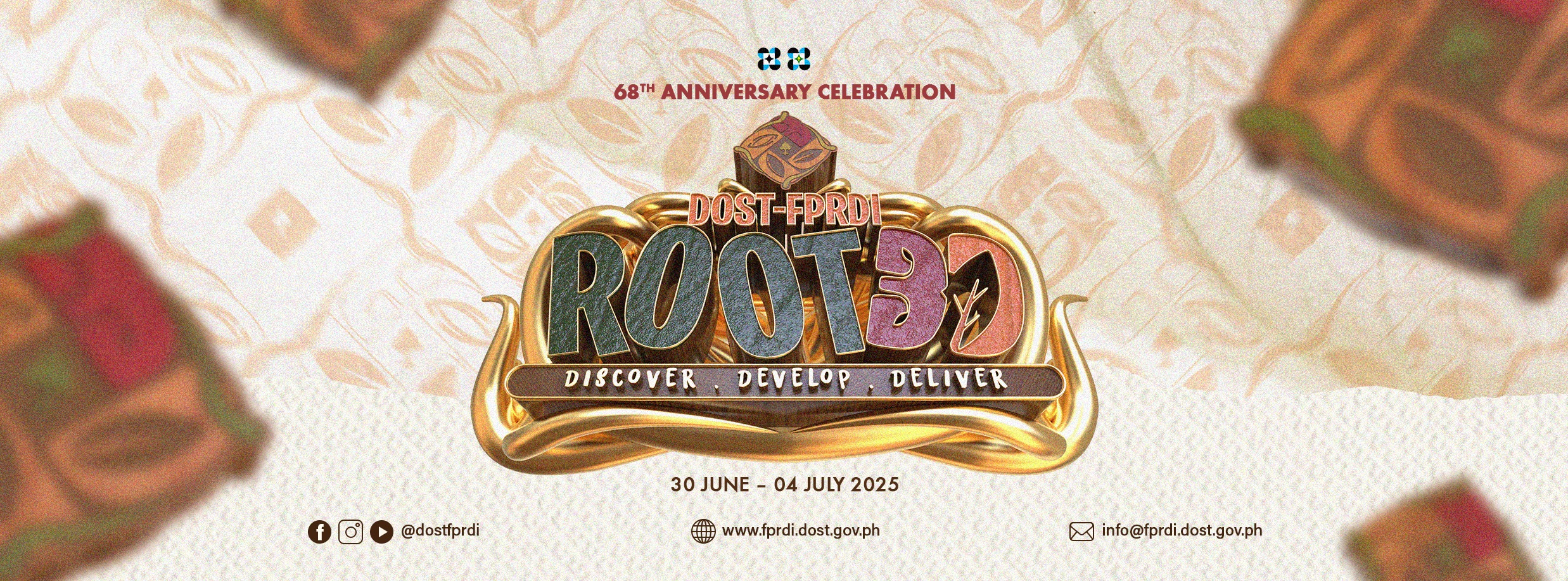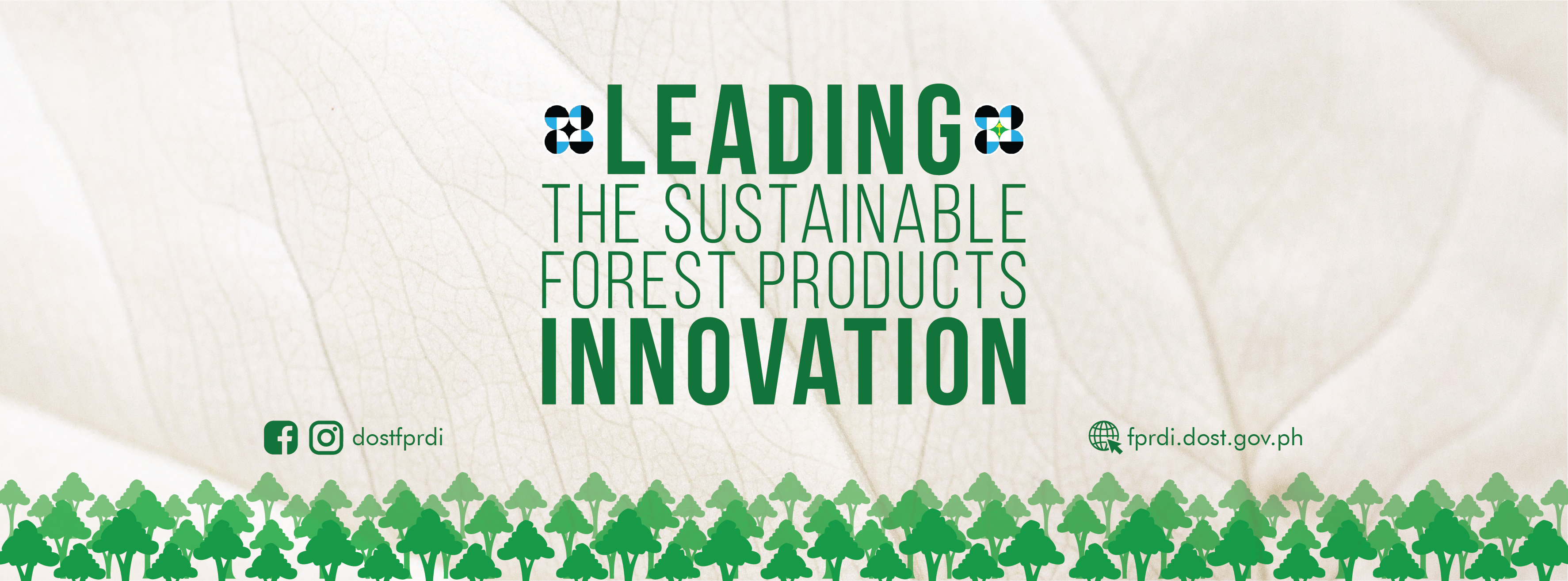ITTO and FPRDI help bring hope to forest-based communities
March 29, 2012
Two-and-a-half years ago, the townsfolk in Basud, Camarines Norte had very little livelihood skills. They made money mainly by making charcoal and planting rice. They were so poor, they could not even buy a decent pair of rubber shoes.
Today, Basud folks are looking forward to better days. Thru a forest-based livelihood project by the International Tropical Timber Organization (ITTO) and the FPRDI, many of them have learned to make baskets from local vines. They sell these in the local public market and in trade fairs and get badly needed cash for their families.
“Our work in Basud started in 2010,” says Dr. Emelyne C. Cortiguerra, Project Staff. “We worked with people’s organizations in three Community-Based Forest Management (CBFM) areas there to teach the townsfolk how to make wise use of their non-timber forest resources. We trained them how to sustainably harvest their local vines, and how to make baskets using basic and advanced techniques.”
The project also helped the folks market their products by linking them with trade fair organizers and Southgate Ltd., a baskets exporter. The baskets reportedly sell very well during trade fairs and at the local public market.
According to For. Robert A. Natividad, Project Leader, “Now that our work on the project is almost over, it is encouraging how various government groups are willing to help sustain the livelihood of members of the Basud Handicraft Producers Association (BHPA) after we leave.
“The LGU, for instance, pledged to showcase the products in a display center, while the DOST-Provincial Science and Technology Office of Camarines Norte promised to provide grants-in-aid to acquire a handicraft dryer. The DTI provincial office, on the other hand, asked to be included in a meeting where made medium and long term plans to sustain support for the BHPA. FPRDI, meanwhile, will continue to respond to all the association’s requests for training and technical assistance.”
“While all this is encouraging,” adds Cortiguerra, “what is really rewarding is seeing how people’s lives have improved. This is true not only in Basud but also in the two other areas where we implemented the project – in Tagkawayan and Atimonan, Quezon.”
“The last time I was in Tagkawayan,” she recounts, “ Mang Ponciano, the leader of a forest-based people’s organization, proudly showed me his brand new rubber shoes. He said he was finally able to buy one, many thanks to his wife’s weaving skills.”
“In Atimonan, the mothers we trained tell us that because they now earn more, they can now give allowances to their children who go to school. One mother said that after selling baskets, her family – for the very first time – was able to enjoy a simple Noche Buena meal last Christmas.” (Rizalina K. Araral, 29 March 2012) #











